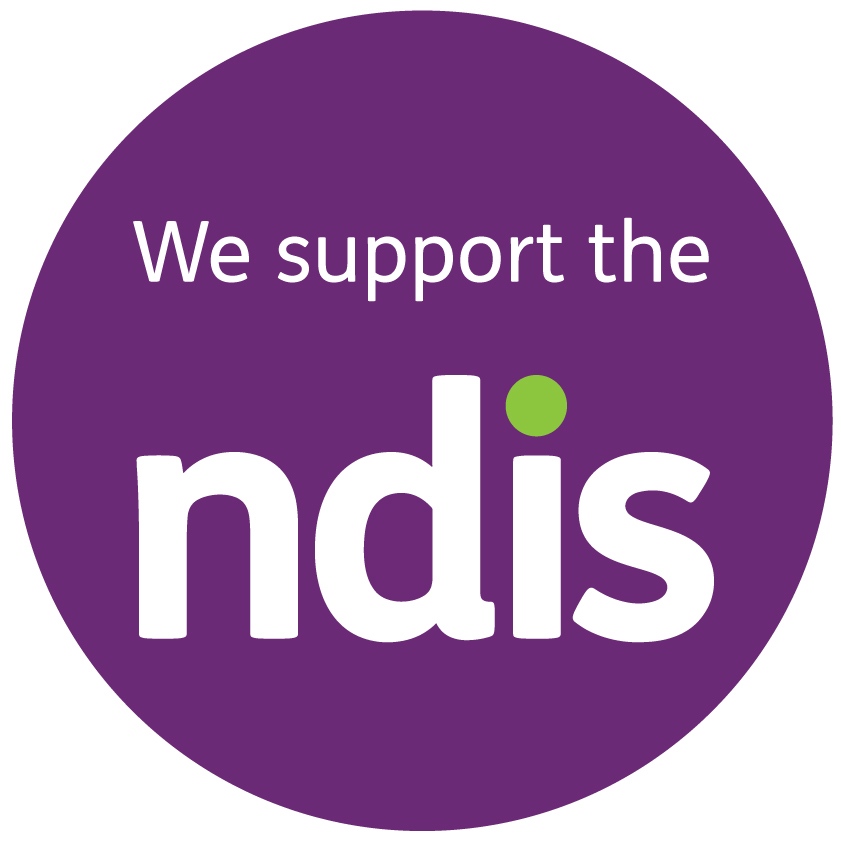An eating disorder is a condition characterised by severe and pervasive disturbances in eating behaviour accompanied by distressing thoughts and emotions. Common signs and symptoms include:
- severely restricting food intake and compulsive weight control (anorexia nervosa)
- compensatory weight control behaviours include excessive exercising fasting and/ or purging through forced vomiting or use of laxatives
- consuming large quantity of food in a relatively short period of time (binge eating disorder) followed by purging (bulimia nervosa).
The self-esteem of individuals with an eating disorder is heavily influenced by their weight, shape, and body. Some people with eating disorder also engage in compulsive;
- mirror checking
- calorie counting
- meal planning
- overanalyzing nutritional value of food
Schema therapy is one of the most effective treatment methods for eating disorders. It is an extension of cognitive behaviour therapy and integrates techniques from various treatment approaches. It emphasises childhood and adolescent origins of the problem, the therapist-client relationship, and coping styles and modes.
Early childhood environment
Early childhood experiences play very important role in shaping personality. Research indicates that it is not what happened in childhood but how people interpret what happened to them as children that determine how they relate to others and function as adults. A child’s logical part of their brain is not fully developed to understand that their parent’s disconnected, inconsistent, or otherwise abusive behaviour is due to their parent’s own insecurities, anxieties, or incapacity for healthy parenting – and it has nothing to do with the child’s lovability or worthiness. For a child it is safer and easier to believe in their own ‘wrongness’ because they can then try to ‘fix’ their flaws by being more compliant, invisible, or less of a burden. The world can be a very unpredictably dangerous and threatening place to survive and exist in for children raised in this environment. Because they are the only source of comfort and safety for a child, unhelpful coping measures are adopted.
Core emotional needs
Schema therapists postulate that there are core emotional needs, universal to every human being. These core emotional needs include secure attachment to others (safety, stability, nurturance, and acceptance), autonomy, sense of identity, freedom to express valid needs and emotions etc. The core emotional needs of people with eating disorders are largely unmet or frustrated during childhood. Disordered patterns of eating are their way to deal with the pain of unfulfilled needs. For example:
- Dietary restrictions and compensatory weight control behaviours can fulfil unmet need for stability and certainty/safety.
- Anorexia nervosa symptoms diminishes interpersonal interactions thereby reduces chances of possible pain of rejection.
- Binge eating has a self-calming and soothing function in a person’s life and replaces need for attachment and nurturance.
An eating disorder also gives a person a sense of identity which they were unable to form while growing up in a toxic environment non-conducive for growth and development.
Maladaptive schemas
Toxic or unstable home environment and/or childhood experiences lead to development of maladaptive schemas (broad, persistent theme or pattern). Out of 18 schemas people with eating disorder are more likely to have schemas of:
- Abandonment/instability (perceived instability and reliability of connection with others)
- Mistrust/abuse (perception that others will hurt, humiliate, use, or take advantage)
- Defectiveness/shame (feelings of being worthless, unlovable, or fundamentally wrong)
- Social isolation/alienation (sense of being different from others)
- Approval seeking (excessive emphasis on gaining approval, acceptance of others as validation of personal worthiness)
- Unrelenting standards (belief that one must strive to meet very high standards usually to avoid criticism)
- Emotional deprivation (expectation that one’s need for nurturance and support will never be met)
Coping Styles and responses
People develop coping styles to deal with the pain of schemas. However, coping styles do not heal schemas they only minimize the pain associated with triggers of schema and sometimes cause even more pain and perpetuates the schema they intend to manage. There are three styles of coping: fight, flight, and freeze –
- Schema Avoidance (flight) – Compulsive mirror checking, planning, overanalyzing and calorie counting serve as avoidance of pain of abandonment/rejection/shame. People avoid interactions so that the pain of abandonment, mistrust/abuse, defectiveness is never triggered.
- Schema overcompensation (fight) – person overcompensate or fight for the schema of defectiveness by being perfect. They are invincible or beyond normal human need of hunger.
- Schema Surrender (freeze) – Person surrenders to the pain of schema or continue to relive painful childhood experiences. For example, person with unrelenting standards/ hyper criticalness schema spend inordinate time in compensatory weight control behaviour.
Coping Modes
Mode as its name implies is a “state” consisting of schemas, coping style and responses currently active for an individual.
There are 4 broad categories of mode:
- Child mode; For example – vulnerable, angry, undisciplined/impulsive, and happy child mode
- Coping survival mode; For example –
- Over controller: overcontrolling eating/weight/shape to overcompensate for underlying sense of powerlessness or fear of rejection
- Detached self-soother: Detaching self from social interactions and soothing self with binge eating to avoid anxiety and loneliness
- Helpless surrenderer: communicating distress & seeking support through dietary restriction, low weight
- Internalised Parent mode: where the individual punishes their self through restricting diet, criticises-self and induces guilt in case of gaining weight
- Healthy Adult mode: it is a healthy, well-functioning and authentic wise-observing-self mode.
Goal of treatment is to help clients learn healthy ways of meeting core emotional needs. Therapy consists of identifying maladaptive schemas and empathetically confronting them. Schema therapist psychoeducate client about origins of eating disorder, help them form coherent narrative of both good and bad experiences of childhood that are shaping current ways of coping so that their healthy adult mode can take over and deal with the pain when schemas are triggered.
To make an appointment with Dr Fazeela, please contact Psychcentral on 1300 856 779 or email info@psychcentral.com.au
References
Simpson, S., & Smith, E. (Eds). (2019). Schema Therapy for Eating Disorders: Theory &Practice for Individual & Group Settings. Routledge.
Young, J.E., Klosko, J.S., & Weishaar, M.E. (2003). Schema Therapy: A Practitioner’s Guide. New York: Guilford
Have something on your mind?
If you have an enquiry, concern, or question, please feel free to contact us by filling out the form.
About PsychCentral
PsychCentral is a professional psychological and allied health service tailored to meet the needs of culturally and linguistically diverse (CALD) communities. We conduct assessments, treatment plans and interventions for individuals, couples, and families in a variety of clinical, forensic, school, disability, and work-related settings.

Terms and Conditions
Refunds Policy
Bankstown Head Office
Level 8 66-72 Rickard Rd,
Bankstown, NSW 2200
Australia
Telephone: (02) 9793 7762
Fax: (02) 9793 7925
View on Google Maps
To view our other clinics, Click HERE.
